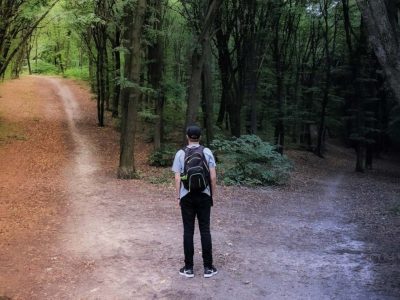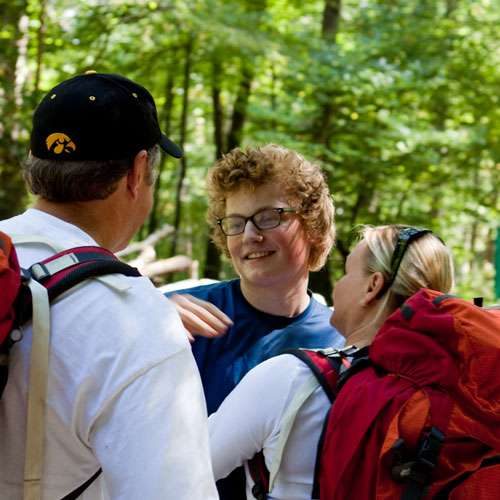We know that teens have a reputation for engaging in risky behavior. But when is it typical healthy risk-taking and when does the risky behavior become a larger concern?
Why Do Teens Take Risks?
Teen’s brains are wired to seek out stimulation. It is one of the reasons that social media and technology can be addictive to today’s teens. They are also entering a time in their lives when peer relationships begin to take precedence over family relationships. Where they used to turn to their parents for advice, they now seek out the opinions of their friends. Because teens value these peer relationships, they are more apt to feel the effects of social exclusion more acutely than an adult might. This factors into risk-taking because as they are making decisions, they may be more likely to take unnecessary risks to avoid being excluded by their friends.
Healthy Risk-Taking vs. Risky Behaviors
Of course, all risk-taking is bad. Taking a healthy risk is what moves teens out of their comfort zone and into a growth mindset. It gives teens an opportunity to grow and learn new skills. Experiencing healthy risk and making mistakes as they learn is an important, and normal, part of the transition from childhood to adulthood. But risk-taking can easily go from normal to dangerous for many teens. Unhealthy risky behaviors can include issues that range from texting and driving to alcohol and substance abuse. There are some steps parents can take to help prevent their teen from moving from healthy to unhealthy risk-taking:
- Stay Engaged: When your teen is pushing you away or exhibiting a constant negative attitude, it can be easy to want to give them some extra space. It is important for parents to resist that urge and stay engaged in their teen’s life. Parents should know who their teen’s friends are and how they are spending their time together. Provide a judgment-free space where your teen can talk to you about any conflicts that may be occurring in their friendships and be willing to just listen or provide advice if they ask for it.
- Create Opportunities for Healthy Risks: Since we know that teens seek out that stimulation, there are ways that you can help create that in a safe space For example, an activity like rock climbing provides an adrenaline rush but it is also a controlled environment with safety measures in place.
- Seek Out Help: If your teen is engaging in extreme risk-taking behaviors a therapeutic program can help. Parents need to know that there is nothing wrong with asking for help. Therapeutic programs, and wilderness therapy programs in particular, are created to support your teen as they move away from unhealthy behaviors and learn to use positive life and coping skills.
Trails Carolina Can Help
At Trails Carolina, our wilderness therapy program’s mission is to give your child the confidence, coping mechanisms, and communication skills that will help them become the best version of themselves. Throughout our wilderness program, families restore and rebuild their relationship with their child. We believe that by connecting with nature in a wilderness therapy setting, your child can learn to address their problematic behaviors, gain valuable personal insights, and learn important lessons. Free from the distractions and negative influences of everyday life, they can focus on their own personal growth and healing process.
Our multidisciplinary team of caring, expert staff will be there to guide your child along their unique path to psychological and emotional wellness. This journey can lead to a renewed sense of self and a happier, healthier future brimming with opportunity. For more information please call (800) 975-7303.
Get started today
Contact us today to learn how Trails Carolina can help your family
Trails saved my daughter’s life. Amanda is an amazing human and a brilliant therapist. I am so grateful to her, Science Steve, and the other wonderful people who could reach my daughter at a time when I could not.
Margot Lowman August 2022
Great life changing experience for our son. After becoming addicted to gaming during covid he was very depressed. At Trails he experienced the wilderness, Science Steve, learning survival skills and top notch therapy and support etc… I highly recommend! This gave our son and our family a renewed family bond full of love and excitement about his bright future.
Winnifred Wilson July 2022
Outstanding clinical work and superb staff! There’s a great culture at this company and it shows with how they engage with families/clients.
Kristin Brace June 2022
Discover If Trails Is The Right Program For Your Child
Take our short online assessment and help us better understand how we can help your family.




